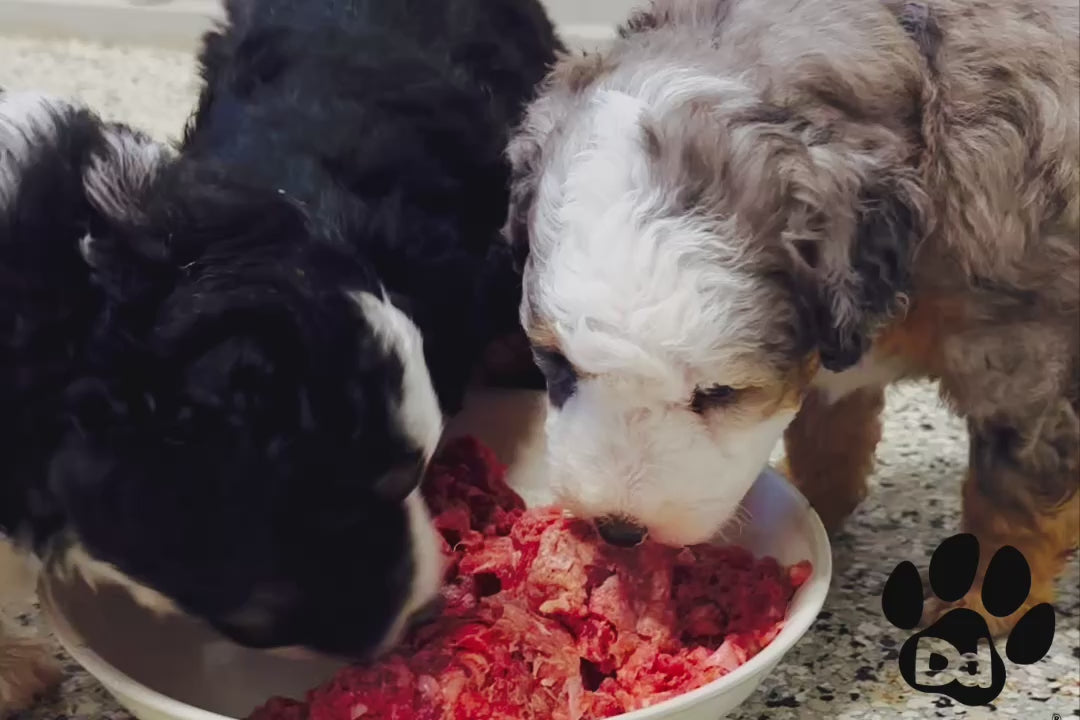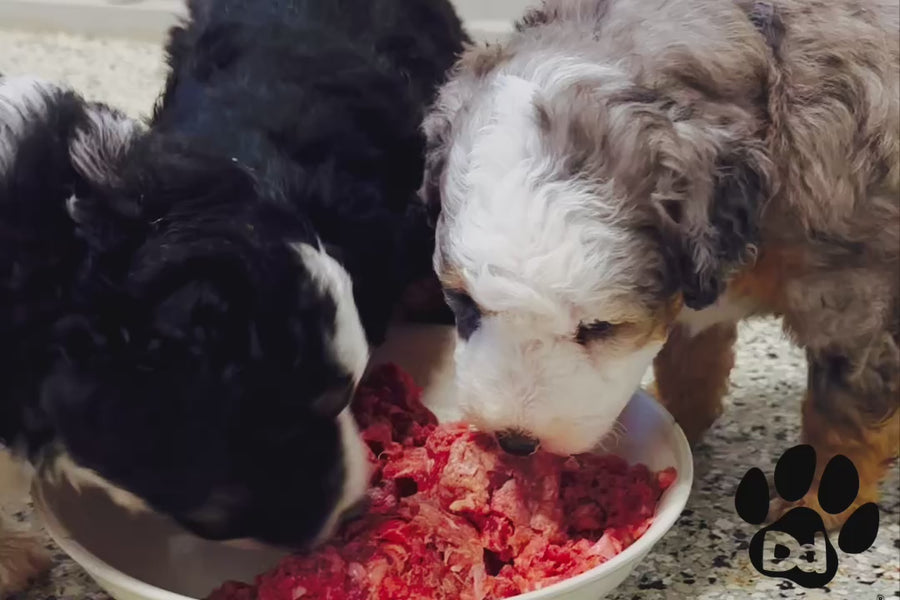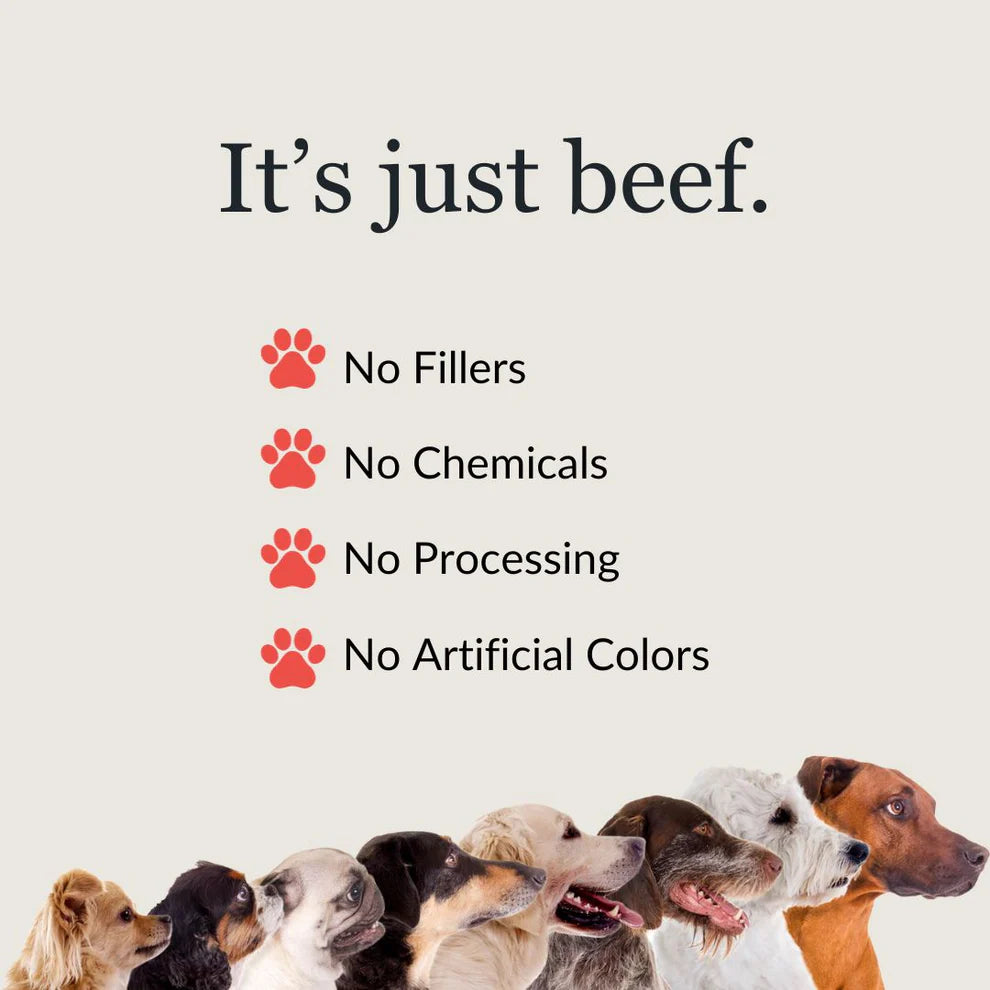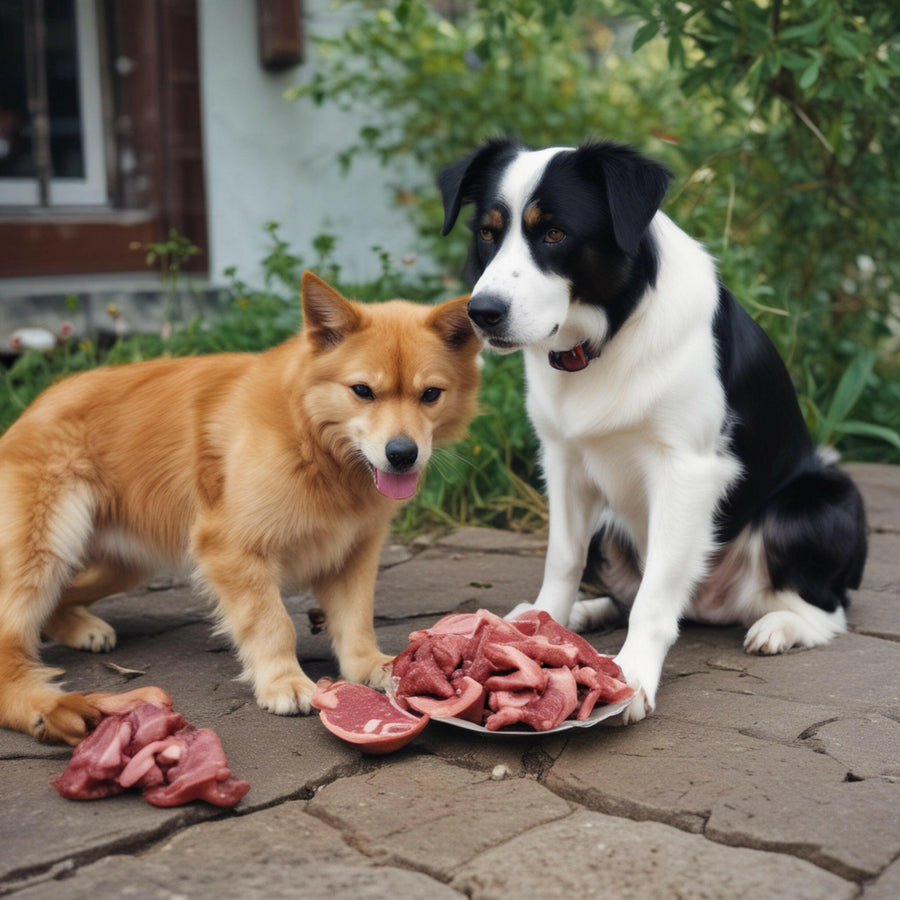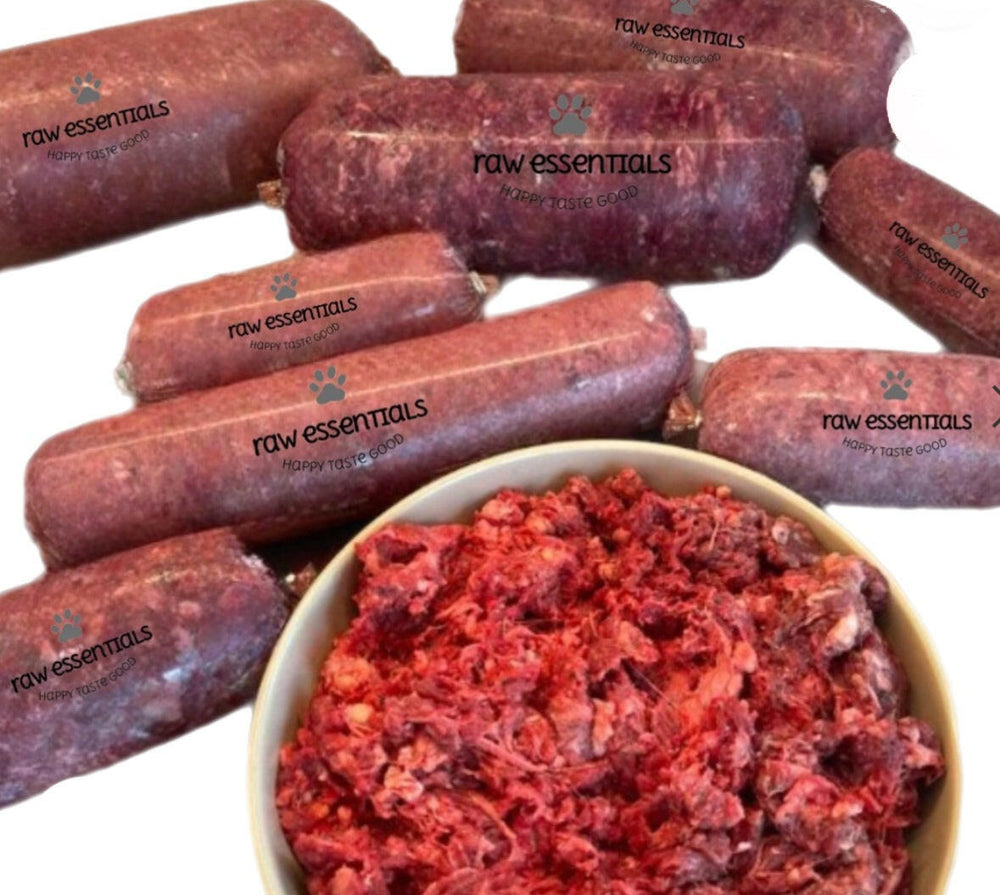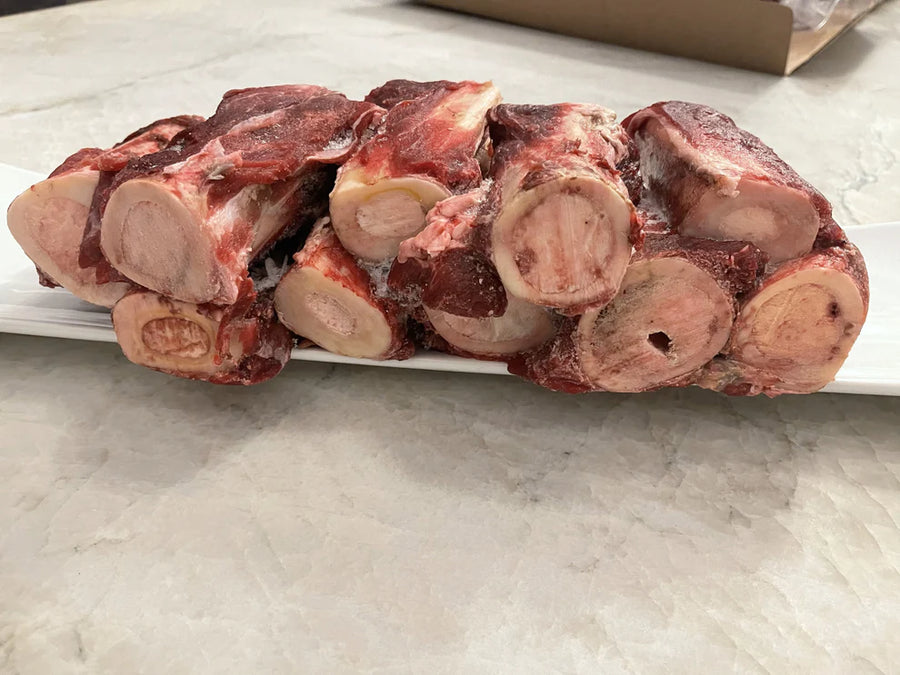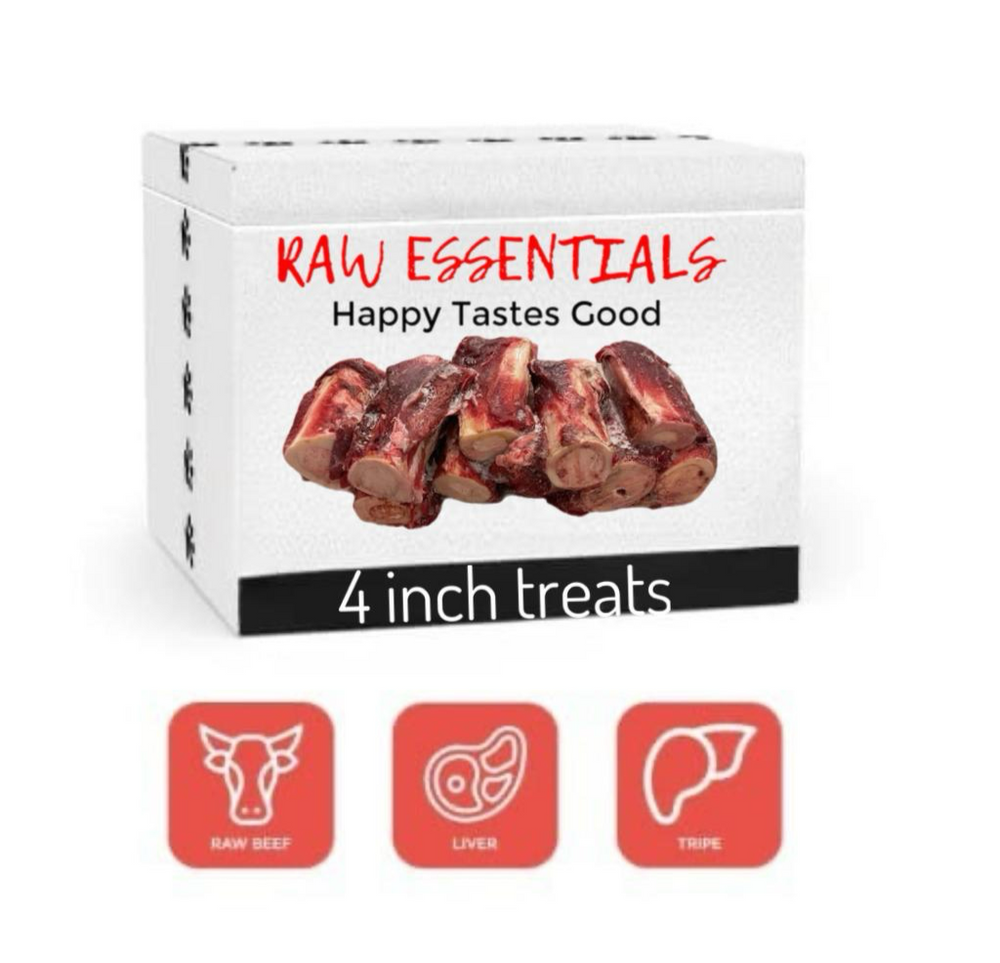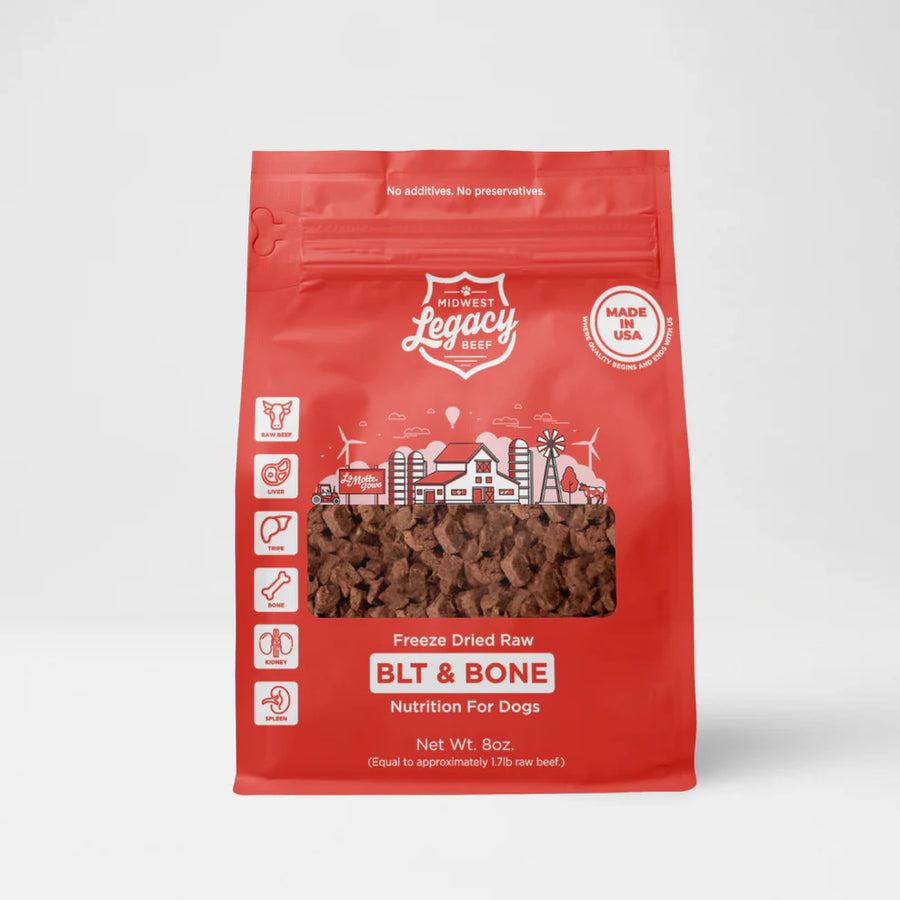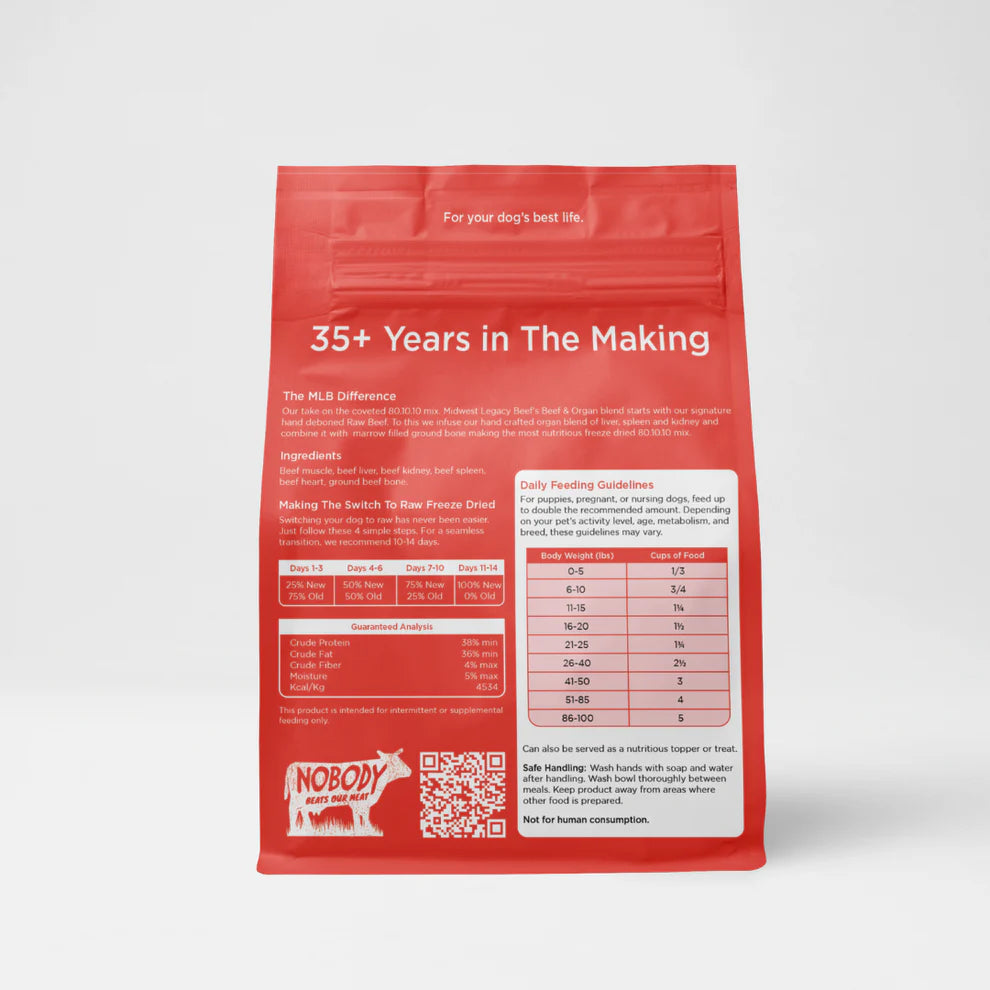steak bones
can dogs have steak bones
As a dog owner, you may wonder, "Can dogs have steak bones?"
A common question is whether dogs can eat ribeye steak bones. This often comes up when you're enjoying a steak and your dog is watching you.
Steak bones can seem like the perfect treat. They're natural, tasty, and could potentially help clean your dog's teeth. But are they safe?
This article will delve into the topic of steak bones for dogs. We'll explore the potential benefits and risks, and provide guidance on how to safely treat your dog.
Whether you're considering ribeye bones, cooked steak, or even the carne asada bone, we've got you covered. Yes dogs can eat cooked steak.
Introduction to Steak Bones for Dogs
Steak bones have fascinated dog owners for generations. The bones offer a tantalizing treat that looks like a great way to please your pet. They promise benefits like gum massages and teeth cleaning through natural chewing. Yet, the question of safety remains crucial. Not all bones are equal, and some pose significant risks for our canine companions.
While some dog owners swear by raw bones for mental stimulation, others worry about the dangers. Cooked steak bones, for example, can splinter and may cause harm, leading to potential visits to the vet. Recognizing the difference between types of steak bones is essential. It helps you make informed decisions about whether to indulge your dog.
This section will guide you through the complex world of steak bones. It aims to provide a balanced look at how they fit into your dog's diet. We’ll address whether steak bones can genuinely be a good addition or not.
Nutritional Value of Steak
Steak is rich in nutrients that play important roles in your dog's health. Primarily, steak offers high-quality protein, which is vital for muscle maintenance and repair. This protein is packed with amino acids essential for various bodily functions. Additionally, steak provides vitamins such as B12 and B6, which support the nervous system and energy levels.
Steak has a lot of minerals like zinc and iron. These minerals help support the immune system and help move oxygen in the blood.
Zinc promotes healthy skin and coat, while iron is crucial for preventing anemia. These elements make steak seem like an enticing option for a dog's diet.
However, steak also comes with high-fat content, which can lead to weight gain if not balanced properly. The fat, particularly in ribeye cuts, may also cause issues like pancreatitis in sensitive dogs.
It is important to know the nutrition in steak and how it fits with other foods when choosing it for your pet's diet.
Is Steak Good for Dogs?
Steak can be beneficial for dogs when offered in moderation. The protein and nutrients it provides support energy and overall health. Yet, its fatty composition poses a potential risk, particularly for certain breeds prone to obesity or pancreatitis. Portion control is essential to avoid these pitfalls.
Avoid offering seasoned or spiced steak. Many seasonings can be harmful to dogs, causing digestive upset or toxicity. Opt for plain, unseasoned steak if you choose to feed it to your dog. Moderation and care ensure your pet enjoys steak safely.
Can Dogs Eat Beef Steak?
Dogs can indeed consume beef steak, but conditions apply. The steak should be plain, without added sauces or spices, to prevent any risk of harm. Proper preparation involves removing excess fat and gristle, focusing on lean cuts.
While dogs can digest beef, it's vital to check for any meat-related allergies first. Some dogs may not respond well to new protein sources, leading to stomach troubles. Therefore, introduce beef steak to your pet's diet gradually.
Always keep portion size in mind and consult with your vet to ensure beef steak complements your dog's overall nutritional plan. Balancing steak with a complete diet fosters the best health outcomes for your furry friend.
Safety Concerns with Steak Bones
Safety must be the top priority when considering steak bones for your dog. While dogs enjoy chewing on bones, there's a thin line between delight and danger. For instance, cooked steak bones can become brittle and splinter easily. These splinters can cause mouth injuries or, worse, intestinal blockages when ingested.
Raw steak bones, in contrast, have a softer texture and are less likely to splinter, reducing the risk of punctures or lacerations. Nonetheless, even raw bones pose certain risks. They can still act as choking hazards, especially for smaller breeds or overzealous chewers. Moreover, bones too small for your dog's size can be gulped down and swallowed whole.
Monitoring your dog's bone-chewing sessions is crucial. Large bones that match your dog's size are recommended to prevent accidental swallowing. Always be present to intervene if any issue arises. Finally, be aware of bones' high-fat marrow content, as excessive fat can lead to digestive disturbances or pancreatitis over time. Safeguarding your dog involves understanding these risks and staying vigilant while your pet enjoys its treat.
Cooked vs. Raw Steak Bones
Cooked steak bones are generally unsafe for dogs. The cooking process makes bones brittle, which dramatically increases the risk of splintering. Splinters can injure a dog's mouth or digestive tract, causing severe harm and potential emergency situations.
Raw steak bones are usually safer. They are softer and less likely to break into sharp pieces. But you still need to be careful. Raw bones can have bacteria like Salmonella. It's important to store and handle them correctly to reduce health risks. No matter what bones you choose, always watch your dog when they chew.
Risks of Giving Dogs Steak Bones
Giving your dog steak bones introduces certain dangers, despite the potential benefits. The risk of splintering remains a primary concern, especially with cooked bones. Sharp fragments can puncture internal organs, resulting in pain and requiring veterinary attention.
Bones, raw or cooked, can also become choking hazards. Small pieces may become lodged in a dog's throat, causing difficulty breathing or swallowing. Moreover, excessive chewing of bones can lead to tooth fractures, which are both painful and costly to treat.
Finally, beware of bacterial contamination from raw bones. This not only poses a risk to your dog but also to humans handling the bones. Always ensure hygiene to prevent infections. By understanding these risks, you can make informed choices about offering your dog steak bones.
Alternatives to Steak Bones
If steak bones pose too many risks, consider safer alternatives. Specially designed dog chew toys offer a harmless way to satisfy your pet's urge to chew. These come in various sizes and textures, catering to different chewing strengths and preferences. Additionally, dental treats designed for dogs can help maintain oral health while providing a satisfying gnawing experience.
For a natural option, antlers and bully sticks are popular. They provide extended chewing time without the dangers associated with bones. Always choose an option appropriate for your dog's size and chewing style. Whether choosing synthetic toys or natural chews, ensuring safety should always remain a focus.
Check these options often for damage. Replace them when needed to keep your pet safe while chewing.
Safe Treats for Dogs
Selecting safe treats for your dog is crucial. Opt for those specifically manufactured for canine consumption. These treats often consider nutritional needs and safety concerns, providing peace of mind.
Additionally, natural treats like carrots or apple slices offer healthy alternatives. They're low-calorie and can be quite satisfying for dogs. Just make sure they're cut to a manageable size to avoid choking hazards.
Adding in.
these options can complement your dog's diet while minimizing risks commonly associated with bones.
Feeding Guidelines for Steak
When you decide to give steak as a treat, moderation is key. Too much steak can disrupt your dog's regular dietary balance. Limit steak treats to a small portion size and offer them occasionally rather than as a regular meal component.
Ensure steak is lean and free from seasoning. Spices and oils might upset your dog's stomach and some can be toxic. If possible, consult your
A veterinarian is a doctor who takes care of animals. They help pets like dogs and cats, as well as other animals.
Veterinarians are animal doctors. They take care of pets and other animals. They help with health problems, injuries, and check-ups. They can also give vaccines and advice on pet care. Veterinary work is important for animal health.
check animals for health issues, give vaccines, and perform surgeries when needed. They also give advice on how to care for animals.
to determine appropriate portion sizes based on your dog's size and health condition. Remember, moderation and careful preparation will help keep this special treat safe and enjoyable for your dog.
In conclusion, while steak bones pose potential dangers, understanding and applying best practices mitigate these risks. Regular vet consultation and supervised treat consumption ensure safety. Opt for alternatives if needed and maintain a balanced diet, enriching your dog's life with safe and satisfying treats.
Raw Essentials is a top seller.


